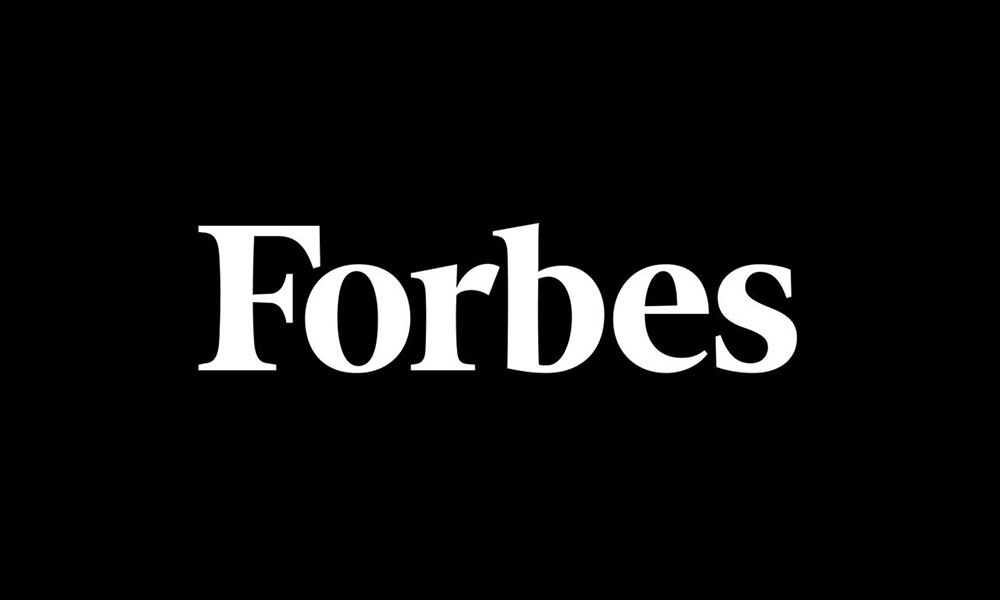
Share article:
Tags:
“Culture is the greatest asset an organisation has, but, if managed incorrectly, culture is also its greatest liability.”
David Liddle, Founder of the Transformational Culture™ model
The need for change
Old cultural norms and orthodoxies have prevailed businesses for years. When COVID-19 devastated the world, those organisations on the cusp of dysfunction fell to total disarray, disorder and destruction. There has to be an intrinsic cord connecting culture and organisation – and most employees think so too, with 88% believing that a strong company culture is key to business success.
Failing to align strong and progressive company values with business policies, procedures and systems will inevitably impact upon success. Not only will employees become disengaged if their needs of a “strong company culture” are not met, but there are catastrophic implications for business functionality, too:
- High absence, low output and high turnover – without a rich company culture, turnover spikes from 14% to 48%.
- Deterioration of mental and physical health – 80% of work accidents occur due to stress from a negative work culture.
- Loss of employee voice and a disconnect between employees and managers – 3/10 feel their opinions don’t matter at work.
- Poor reputation and brand – 70% of consumers want to know how the brands they support, address social and environmental issues.
In a culture of incivility and unaccountability, 80% of employees lose productivity, half are less willing to help others, and 75% of service users have less enthusiasm for the organisation. Over a third of staff have experienced conflict at work, which costs the UK £28.5 billion annually. These statistics are scathing. They should make you want to grab your organisation by the shoulders and shake it until it sees what’s right in front of its eyes. It begs the question: how do we get better? How do we be better?
David Liddle, CEO of The TCM Group and Founder of Transformational Culture™, has the answer. If culture is so important to us, and without it, we fail, then why aren’t we constantly living and breathing it? It makes logical sense to build, design and implement a business case for a core and transformational culture. This culture should represent an organisation’s values and, most importantly, its people. In his second webinar in a Transformational Culture series, David walked us through the benefits, data analysis and approach for culture change. If most agree that culture and success are aligned, then it’s time to show up for both.
From instability to ideals
Under David’s idea of a modern organisational culture, we would be guided by seven principles: collaboration, courage, common purpose, communication, compassion, curiosity and connection. These tenets provide the foundations for our leadership, justice and HR functions. People unafraid to speak their mind, with psychological safety at the forefront, and traditional outdated policies on the backburner.
Providing a business case is essential to engage stakeholders, employees and management in the journey to a transformational culture. It’s high time to take a long, hard look at the state of your organisation. Is it reflecting your values in their entirety? Are you just, fair, inclusive, sustainable and high-performing? If the answer is no, or yes, but we could be better – it’s time for culture change.
Presenting a business case
David urges businesses to take a three-step approach to building a business case. Presenting this to and engaging with key stakeholders will ensure engagement and success throughout the process.
- Set out your vision and objectives.
- Conduct a situational analysis to construct the current context of your company.
- Collate evidence of the case for change.
In its sum, this will act as a critical document which sets out a rationale, helping to build the change process based on evidence. Above all, it will:
- Ensure that culture is built on strong evidence.
- Ensure that appropriate resources have been identified prior to engaging on the cultural transformation journey.
- Present an opportunity to undertake a cultural audit and to map your existing organisational structures to assess trends and patterns.
- Engage key stakeholders, giving them a voice and building a sense of collaboration and connection throughout all facets of your organisation.
Starting with an inclusive approach from the outset and involving everyone from all levels, departments and positions is integral to longevity. David provided examples for gathering primary data:
- The incidence and costs of conflicts
- The incidence and costs of absence and attrition
- Data relating to productivity and organisational performance
- Data relating to employee engagement, wellbeing and inclusion
- Data relating to sustainability and responses to social justice issues
- Data relating to customer experience
- Data relating to brand and reputation
Those were the steps on how to change your company culture. We’re here with you all the way at The TCM Group. Admitting fault or seeking improvement is not a sign of weakness, but bravery, compassion and communication. We all know we can strive for better, so let’s take those first steps forward and begin the journey to a truly transformational culture.
Missed the session? You can catch up, via the below recording:
If you’d like to speak to David directly about his revolutionary concept, you can contact him here.
Robyn Marsh: Senior Communications Executive at The TCM Group






